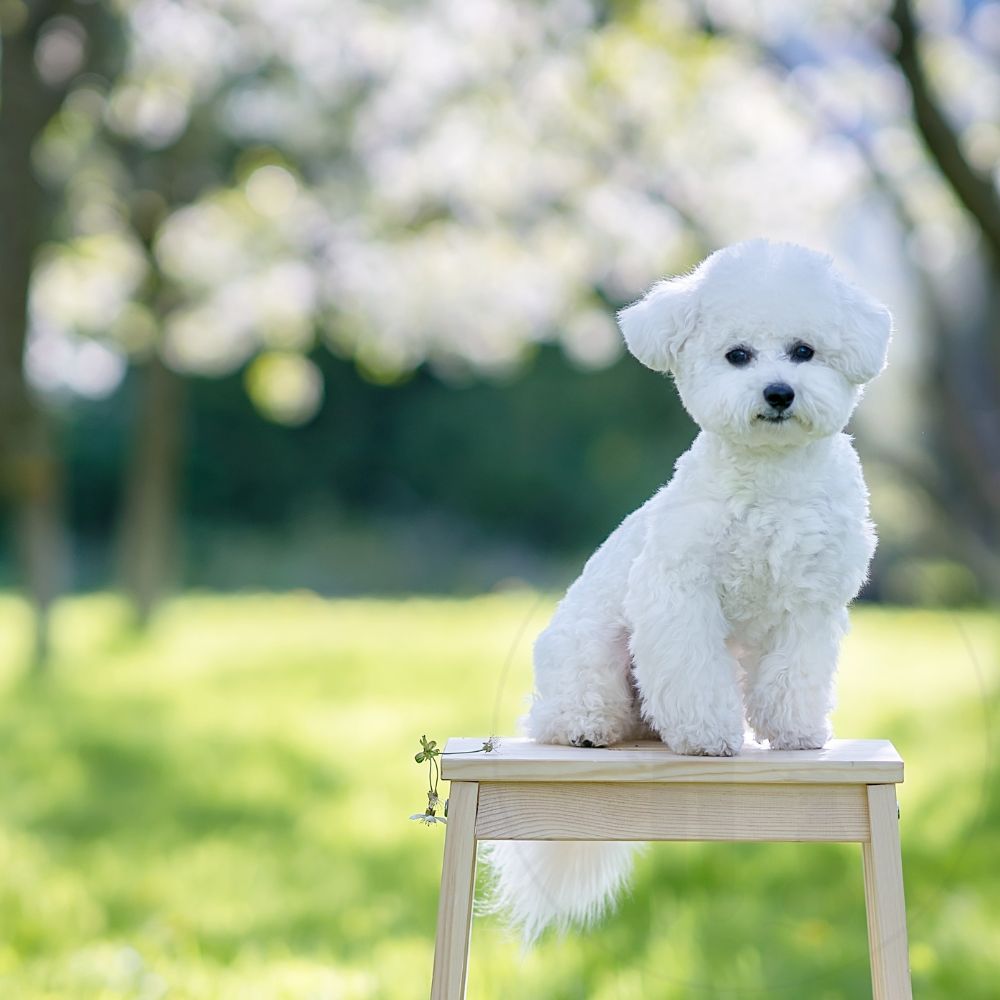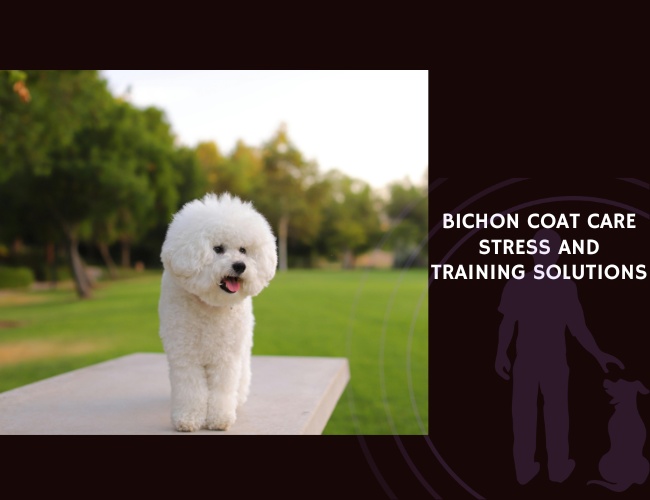Quick Facts about the Bichon Frise
- Origin: France / Spain (Canary Islands)
- Weight: 5–8 kg
- Life expectancy: 12–15 years
- Coat Colour: White (may have cream or apricot shading)
- Breed Group: Non-Sporting / Companion
The Bichon Frisé is a cheerful, cloud-like companion with a hypoallergenic coat and a sparkle in its eyes. Known for its joyful personality, intelligence, and charm, the Bichon is a natural performer and a beloved family dog.
Bichon Frisé History
The Bichon Frisé descends from the Mediterranean Barbichon family, related to breeds like the Maltese and Havanese. It became popular among European nobility—especially in France, Spain, and Italy—during the Renaissance era.
After falling out of royal favour, the Bichon adapted to life as a circus dog and street performer, thanks to its expressive nature and trainability. It was later reintroduced as a companion breed in the 20th century and gained international recognition.

Bichon Frisé Temperament
Bichons are affectionate, sociable, and love to entertain. They’re alert and curious without being yappy or aggressive. Ideal for families, singles, or seniors, they thrive on human companionship and don’t tolerate long periods of solitude.
They’re quick learners and enjoy tricks, games, and agility—but most of all, they love being part of the action and snuggling close at night.
Note: Their emotional sensitivity makes positive reinforcement essential; harshness can damage their spirit.
Health and wellness
Bichons have a curly, dense coat that doesn’t shed like other breeds—making them suitable for many allergy sufferers. However, it requires regular grooming to prevent mats and maintain hygiene.
Daily walks and play keep them fit, but they don’t require intense physical activity. Mental stimulation through interaction is just as important.
Significant problems:
Allergies (environmental and food-related)
Dental disease (common in small breeds)
Patellar luxation
Bladder stones
Ear infections due to hair in the ear canals
Life expectancy: 14–16 years

Bichon Coat Care Stress and Training Solutions
🔍 Looking to go deeper into dog training?
Use these categories to explore targeted guides and articles on canine behavior, nutrition, obedience, entertainment, and more.









